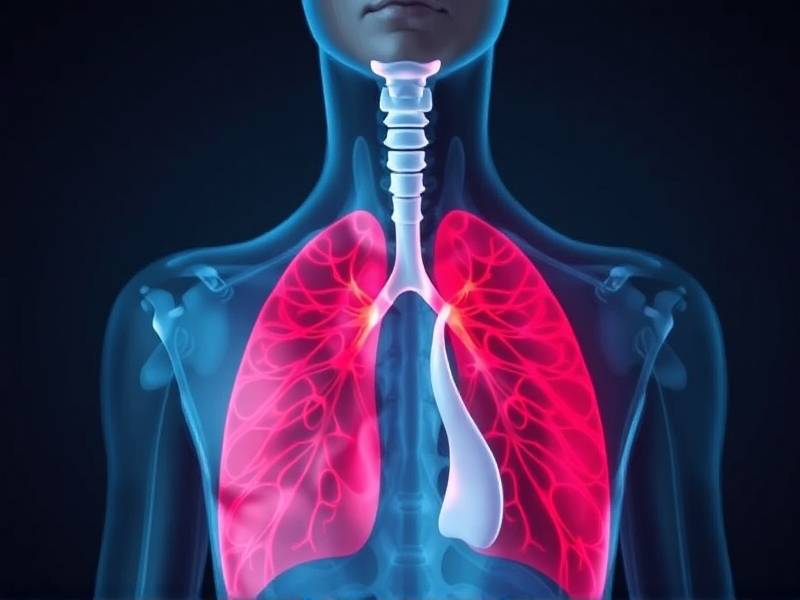Will Chronic Bronchitis Go Away If You Quit Smoking?
The Impact of Quitting Smoking on Chronic Bronchitis: What You Need to Know
Introduction: Chronic bronchitis is a common respiratory condition that affects millions of people worldwide. It's often associated with smoking, leading many to wonder: Will chronic bronchitis go away if you quit smoking? In this article, we'll explore the relationship between smoking, chronic bronchitis, and the potential for recovery after quitting.
Understanding Chronic Bronchitis: Chronic bronchitis is a form of chronic obstructive pulmonary disease (COPD), characterized by inflammation and narrowing of the airways in the lungs. This inflammation leads to persistent coughing, mucus production, and difficulty breathing. While there is no cure for chronic bronchitis, it's important to manage symptoms and reduce the risk of exacerbations.

The Role of Smoking in Chronic Bronchitis: Smoking is a major risk factor for developing chronic bronchitis. The harmful chemicals in tobacco smoke irritate the airways, causing inflammation and contributing to the progression of the disease. Over time, this can lead to permanent damage to the lungs.
Quitting Smoking: A Step Towards Recovery: Research has shown that quitting smoking can significantly improve lung function and reduce symptoms in individuals with chronic bronchitis. Here's how:
-
Reduced Inflammation: Quitting smoking reduces the inflammation in the airways, leading to improved airflow and decreased mucus production.

-
Slower Progression of Disease: By eliminating exposure to harmful chemicals, quitting smoking can slow down the progression of chronic bronchitis.
-
Improved Lung Function: Within a few weeks after quitting, lung function begins to improve as the body starts repairing some of the damage caused by smoking.
-
Reduced Risk of Exacerbations: Quitting smoking also reduces the risk of exacerbations, which are sudden worsening of symptoms that can be dangerous if not properly managed.
The Importance of Professional Support: While quitting smoking can have a positive impact on chronic bronchitis, it's important to seek professional support during this process. A healthcare provider can offer guidance on effective quit strategies and provide medication or other resources that may help manage symptoms.
Conclusion: In conclusion, quitting smoking is an essential step towards managing chronic bronchitis and improving lung health. While there is no guarantee that all symptoms will disappear completely after quitting, research has shown that it can significantly improve quality of life for individuals with this condition. If you're struggling with quitting smoking or managing your chronic bronchitis, don't hesitate to seek professional help today.
